What ‘Game of Thrones’ Tells Us About the Fight Between Perception and Reality
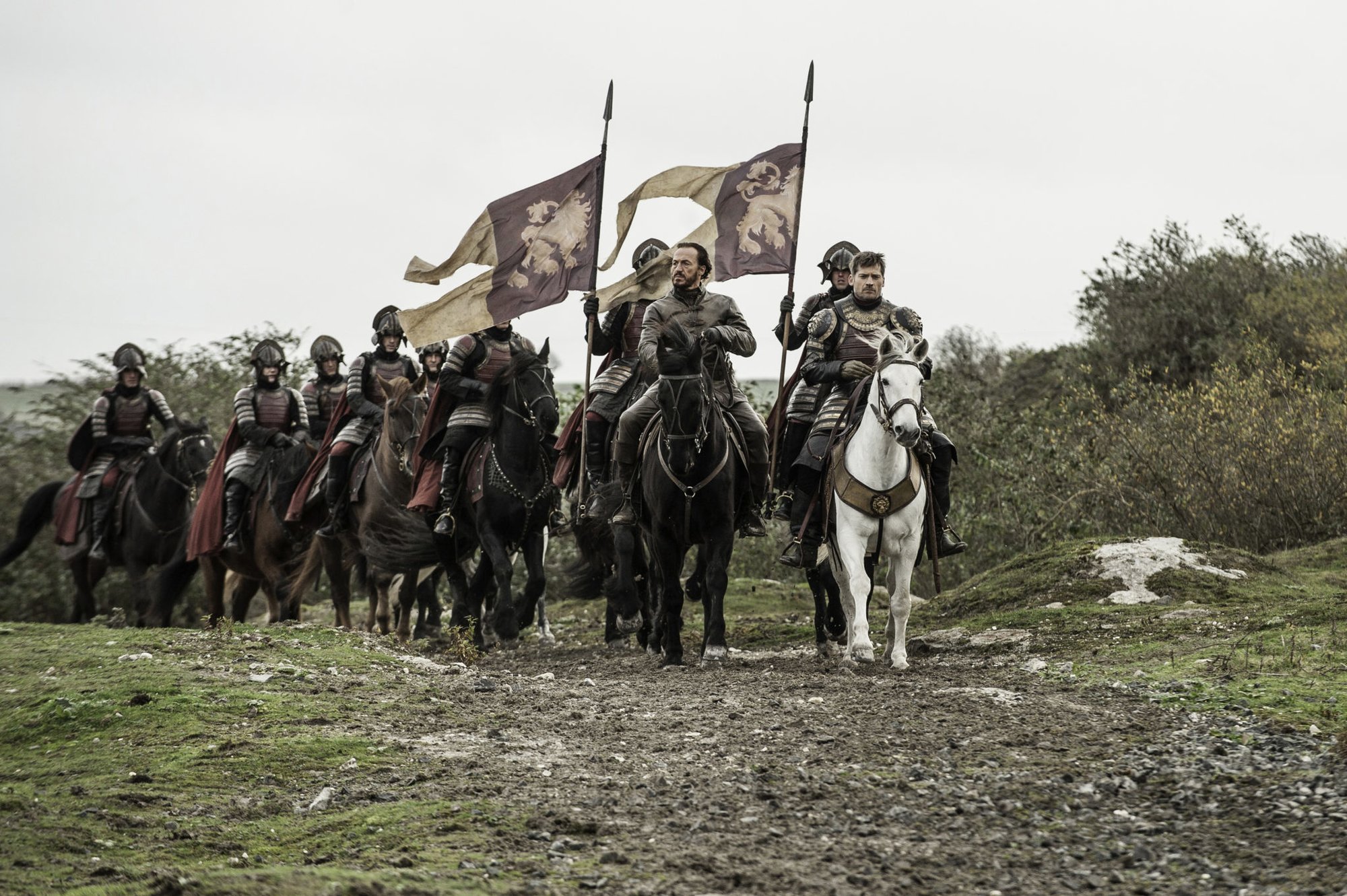
Editor’s note: The following contains major spoilers for HBO’s “Game of Thrones” TV series and George R.R. Martin’s “A Song of Ice and Fire” book series.
Jaime Lannister stabbed his own king in the back and in that moment earned the epithet “Kingslayer.” Those around him insult him, attack him, and treat him as a man far beyond redemption. But in reality, he saved King’s Landing from flames and broke his sacred oath to the king in order to save others.
Lannister saved a city, but the people of the Seven Kingdoms despised him and disparaged his honor.
The actual historical facts did not matter to people. Their perception of events had become their reality.
So let’s talk about perception and historical memory.
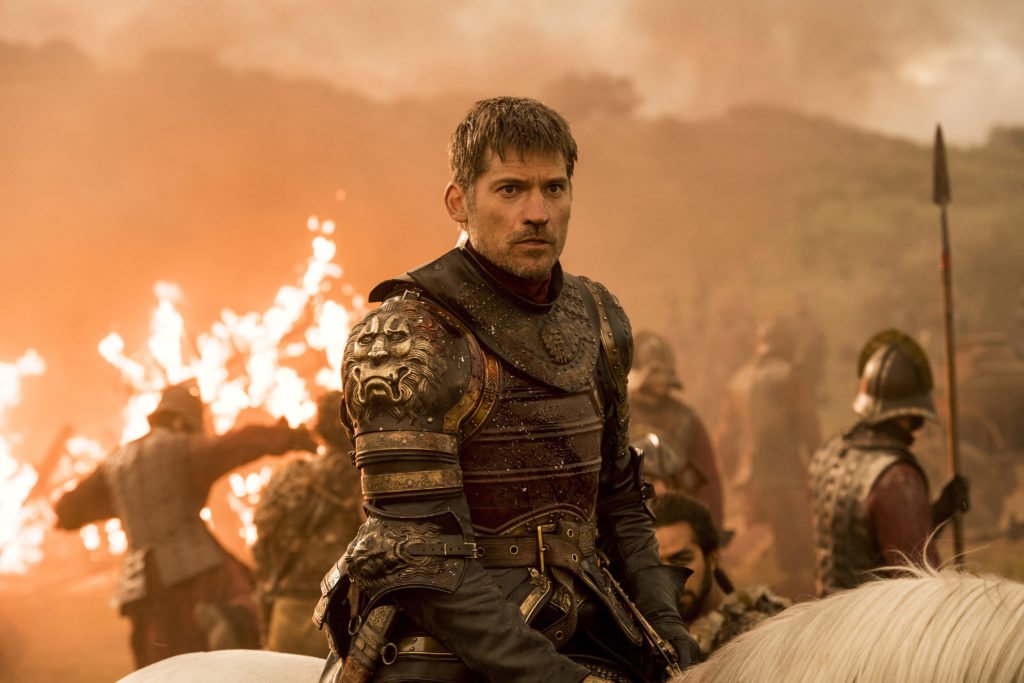
People don’t remember exactly what happened. We remember a version of reality that our minds have processed to fit with our vision of the world. That’s true in “Game of Thrones,” and it was true in the real Middle Ages, too.
In the medieval French epic poem “The Song of Roland,” the titular character is depicted as a hero in every way. The text shows Roland and his companion Oliver as ideal vassals to Charlemagne, who fought to the very end to preserve the honor of their lord.
The story of Roland purports to be an account of the Battle of Roncevaux Pass in 778, in which a Basque ambush destroyed the rear guard of Charlemagne’s army. Modern historians know very little of the real battle, but we can say with confidence that real events differ greatly from the story version.
Much like the tale of Jaime Lannister in “Thrones,” the facts took a backseat to the popular narrative.
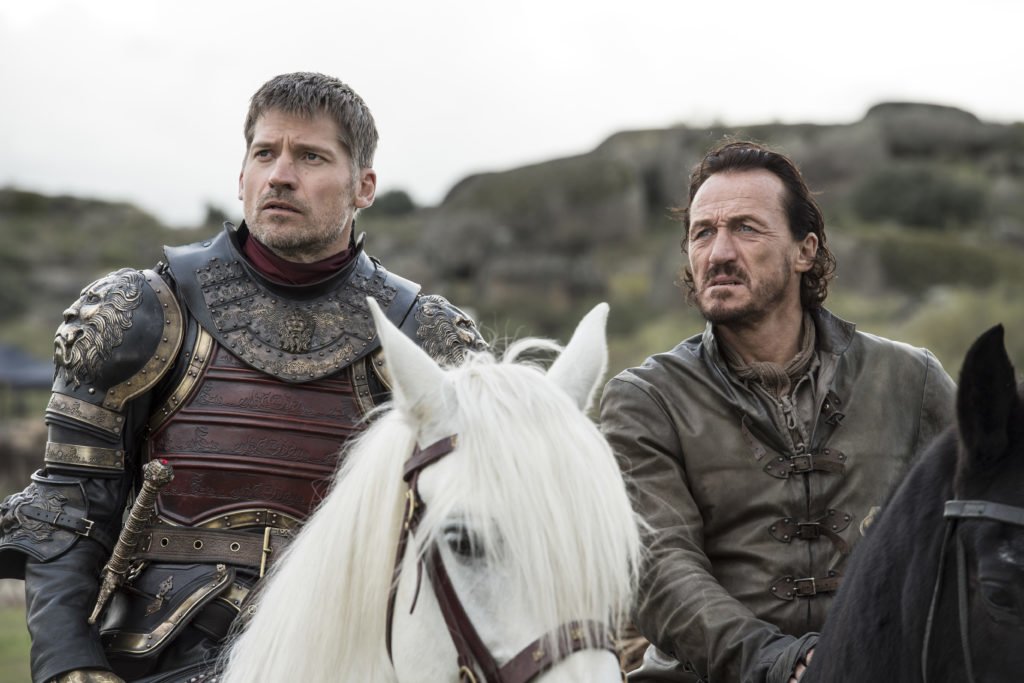
In “The Song of Roland,” Roland “never had any time for a coward, Nor an arrogant man … Nor any knight who was not supremely brave.” And when he finally falls in battle, the story goes that the Angel Gabriel carried his soul to paradise. Whether or not the real commander of Charlemagne’s rear guard at Roncevaux Pass fit this description does not matter.
The real Roland may have been a tremendous fighter, a loyal vassal, and an honorable companion. He may also have been a violent brute who killed for fun like many Medieval aristocrats. And it’s more than just a little dubious that an angel bore his soul from the battlefield.
But that does not matter. “The Song of Roland” isn’t about the real end of Charlemagne’s Iberian campaign. Rather, the story serves as an example of ideal behavior meant to stand as a model for medieval Francian aristocrats (yes, Francian — France wasn’t really a thing yet). Just like with Lannister, perception itself became reality until those pesky facts were buried beneath centuries of narrative storytelling.
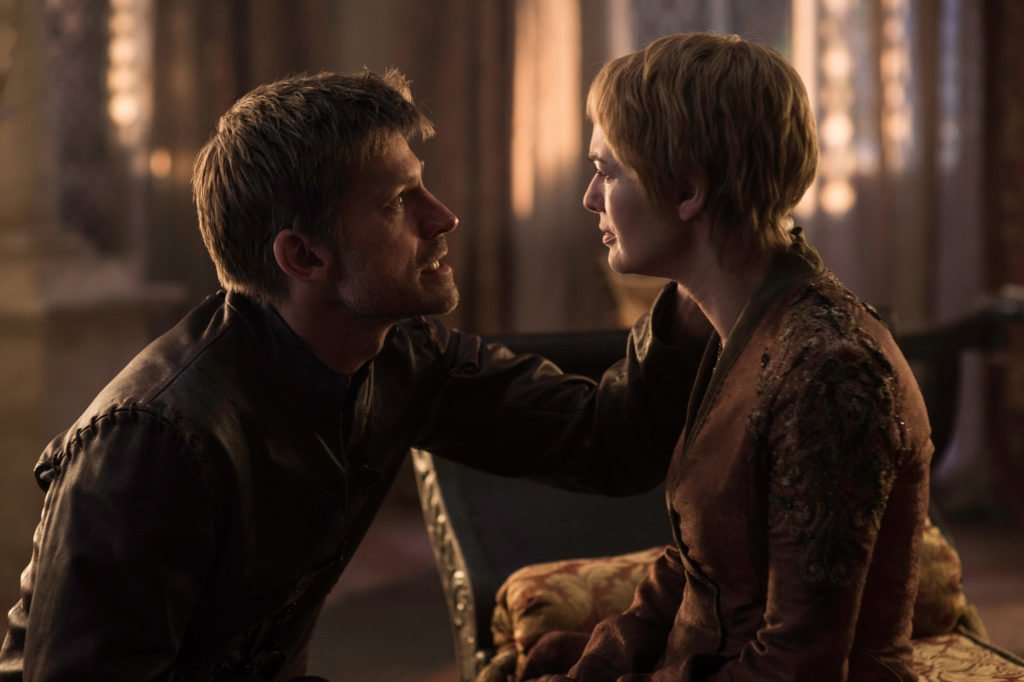
Jaime Lannister stands out as a dark version of Roland. People sing of Roland’s unlikely heroism, but in “Thrones,” people deride Lannister and call him “Kingslayer,” without using his real name at all. And Lannister indeed does some despicable things. He tries to murder a child in order to keep his incestual relationship with the queen a secret. When we meet Lannister in the opening scenes of “Game of Thrones,” he is a horrible person, and he actively performs that role.
Over the years, the people of Westeros have come to associate Lannister with evil, but the audience sees a different side of him in season 3.
Lannister and his on-and-off enemy, Brienne of Tarth, are captured, and one of the captors severs Lannister’s right hand, his sword hand. At that moment, the character begins an arc from being a cartoon villain into a complex and empathetic character.
In a feverish state post-amputation, Lannister reveals the truth of his past to Brienne. He sarcastically describes himself as the rest of the world sees him. Lannister says to her, “That’s the look … you all despise me. Kingslayer, oathbreaker, man without honor.” But there was more to Lannister’s story than the simple perception of his actions.
Over the years, the people of Westeros have come to associate Lannister with evil, but the audience sees a different side of him in season 3.
Lannister tells Brienne that when King Aerys heard of his impending defeat, “I came to the king, begging him to surrender. He told me to bring him my father’s head. Then he turned to his pyromancer, ‘Burn them all,’ he said.” Lannister concludes his confession by telling Brienne of the moment itself: “First, I killed the pyromancer, and then when the king turned to flee, I drove my sword into his back.”
A single, secretly heroic action defined Lannister as someone wicked in the eyes of the rest of the kingdom. But he had stopped the king from executing them all.
However, only Lannister and Brienne know the truth, and so he remains a cursed figure in the “Game of Thrones” universe. The actual facts held no importance when compared to how people perceived it — and that perception became reality.
Both the books and the HBO series offer a telling and beautiful depiction of a complex and misunderstood character. We, the readers or viewers, know the real story, but the other characters in Westeros do not.
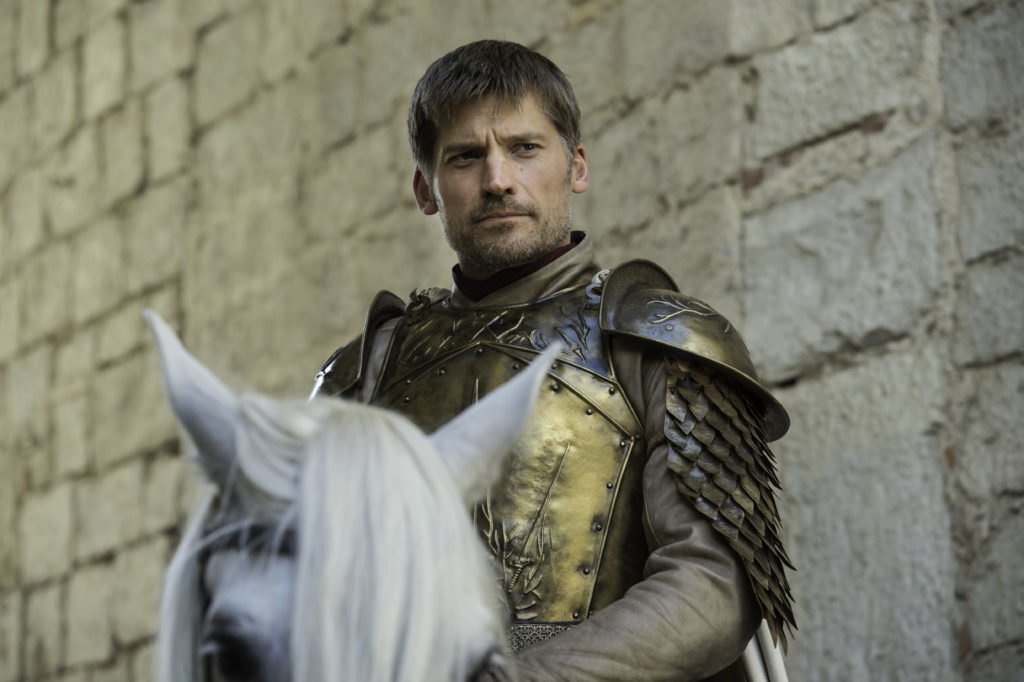
And in this, Lannister is much like a twisted vision of the real Roland from the eighth century. Like the people of the Seven Kingdoms regarding Lannister, we really don’t know the truth of the Battle of Roncevaux Pass in 778. All we have is an edited and filtered version of the truth that is no doubt far from real facts.
But unlike Roland, Lannister has more story left in him. With Lannister heading north at the end of season 7, how will others learn the truth? Will Daenerys forgive him for killing the king, her father? Lannister’s narrative so far has been one of redemption and suffering, but soon we will know how the story of Jaime Lannister will end.
Perhaps he’ll manage to save innocents from fiery deaths one more time.

Garland Kennedy is a contributing writer for Coffee or Die. As an avid backpacker and outdoorsman, he has explored wide-open spaces all over North America — from the forests of North Carolina (he’s a graduate of UNC-Chapel Hill with a degree in medieval history) to the mountains of Alaska. His previous bylines include gear reviews on RockChuckSummit.com.
BRCC and Bad Moon Print Press team up for an exclusive, limited-edition T-shirt design!
BRCC partners with Team Room Design for an exclusive T-shirt release!
Thirty Seconds Out has partnered with BRCC for an exclusive shirt design invoking the God of Winter.
Lucas O'Hara of Grizzly Forge has teamed up with BRCC for a badass, exclusive Shirt Club T-shirt design featuring his most popular knife and tiomahawk.
Coffee or Die sits down with one of the graphic designers behind Black Rifle Coffee's signature look and vibe.
Biden will award the Medal of Honor to a Vietnam War Army helicopter pilot who risked his life to save a reconnaissance team from almost certain death.
Ever wonder how much Jack Mandaville would f*ck sh*t up if he went back in time? The American Revolution didn't even see him coming.
A nearly 200-year-old West Point time capsule that at first appeared to yield little more than dust contains hidden treasure, the US Military Academy said.












